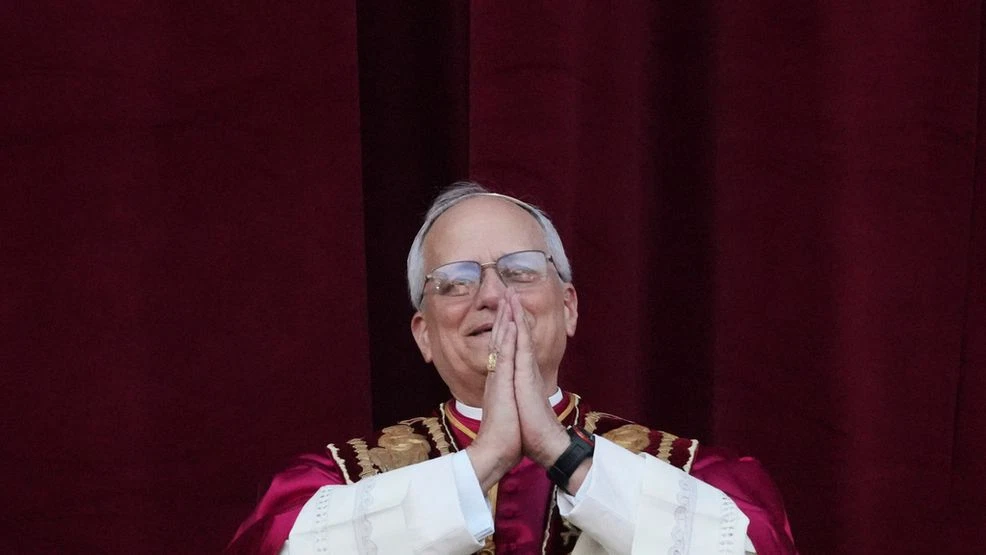Pope Leo XIV on Sunday called on world leaders to prioritize the needs of the poor and marginalized, as the Catholic Church celebrated a “Jubilee of the Poor.” The observance coincided with the World Day of the Poor, an annual event established by Pope Francis in 2017.
During a mass at St. Peter’s Basilica, the US-born pontiff acknowledged that the Church “is still wounded by old and new forms of poverty” but emphasized its mission to remain “a mother of the poor, a place of welcome and justice.” Social justice has been a key theme since Leo XIV assumed the papacy in May, following the death of Pope Francis.
The Pope urged leaders to “listen to the cry of the poorest,” noting that peace cannot exist without justice. He highlighted how migration and societal neglect often leave vulnerable communities behind, warning against a notion of progress that excludes many individuals.
Beyond material poverty, Leo XIV addressed the “moral and spiritual situations of poverty,” including loneliness, urging believers to reach out to the marginalized and bear witness to God’s tenderness.
Following the mass, Pope Leo shared lunch in the Vatican’s Paul VI Hall with more than 1,300 homeless, disabled, and refugee attendees, blessing a meal of lasagne and cutlets. Similar community events took place across Rome, reflecting the Church’s commitment to practical assistance for those in need.
In his Angelus address to crowds at St. Peter’s Square, the Pope also denounced persecution of Christians worldwide, citing recent attacks in Bangladesh, Nigeria, Mozambique, Sudan, and the Democratic Republic of Congo (DRC). He specifically prayed for families affected by a terrorist attack in Kivu, DRC, where at least 20 civilians were killed by the Allied Democratic Forces, a group linked to the Islamic State.
Pope Leo XIV’s message emphasized that the call to aid the poor is not just moral, but essential for building a just and peaceful society. Through prayer, outreach, and advocacy, he urged both leaders and citizens to act in solidarity with those most in need.

